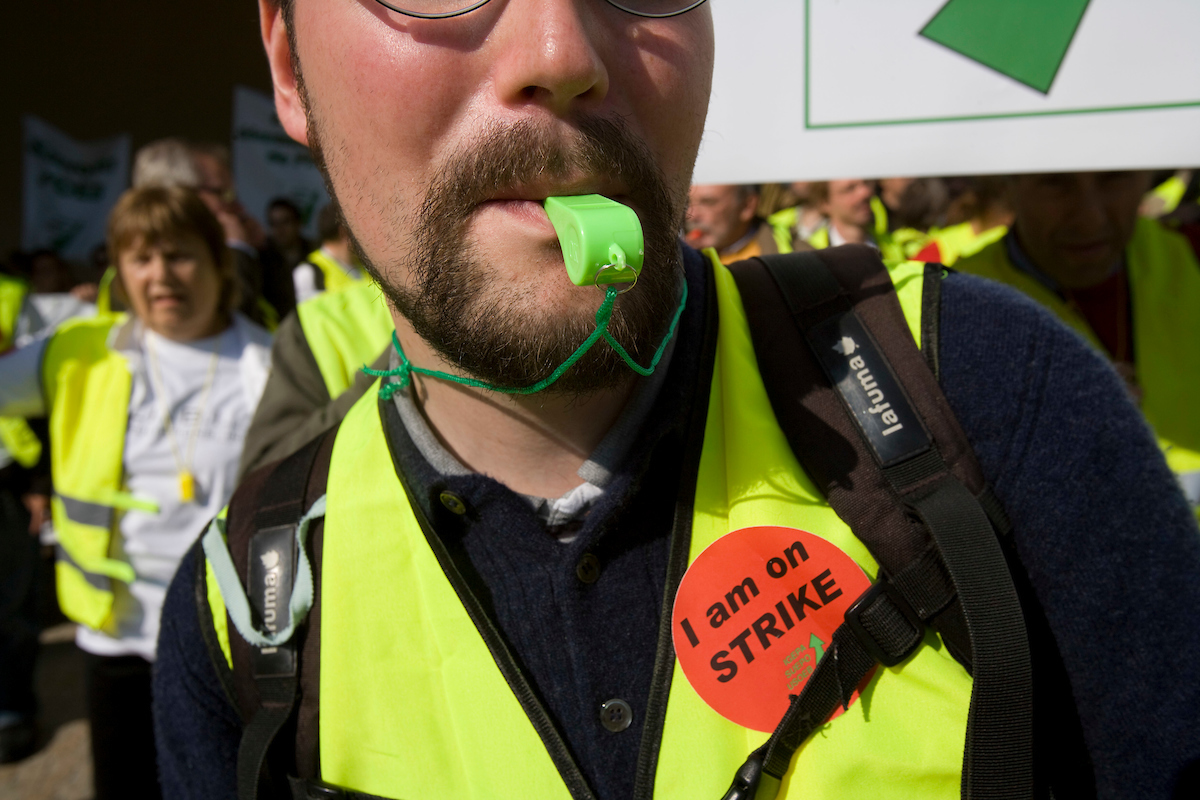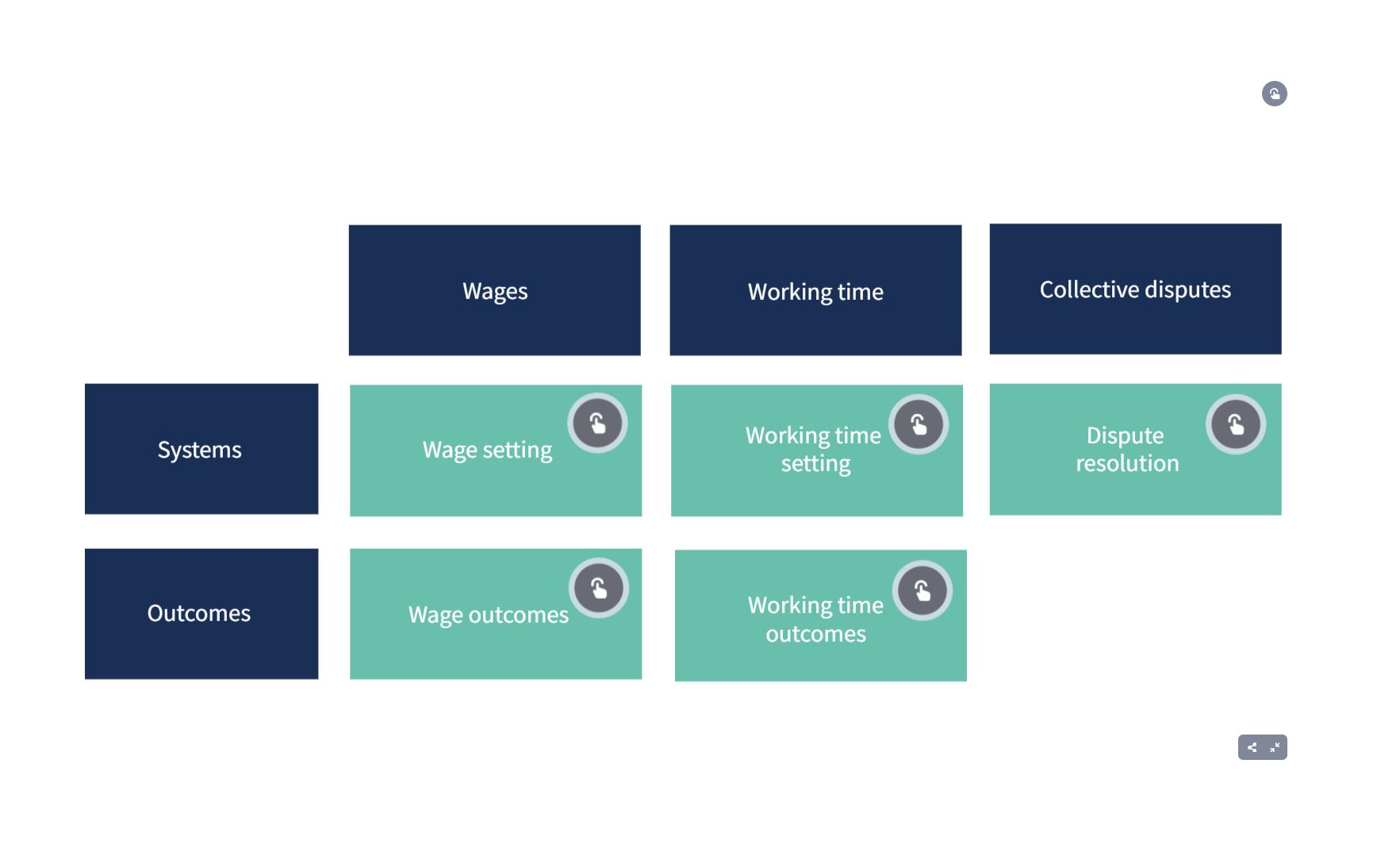
Industrial action
Industrial action is one of the fundamental means available to workers and their organisations to solve labour disputes and promote their economic and social interests. It can take many forms, from the complete withdrawal of labour for an indefinite period to more restricted forms of collective action in which there is no cessation of work. The right to strike is explicitly recognised in the constitutions and/or laws of many countries. At EU level, the right to strike is enshrined in Article 28 of the Charter of Fundamental Rights of the European Union. The right to collective action by the social partners is also included in the European Pillar of Social Rights. Eurofound is currently exploring the feasibility of an industrial action monitor.






